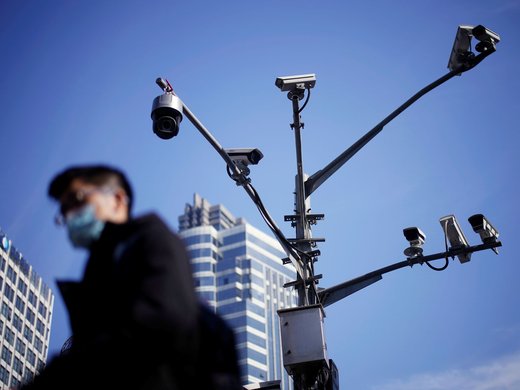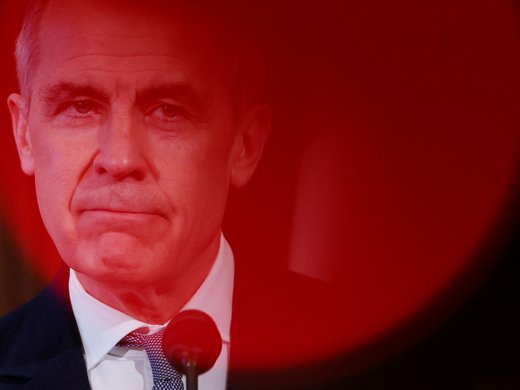The ideal of a universally accessible “open internet” is increasingly under stress. China is striving to assert more control of the internet by buying up international data centres, while Russia is more determined than ever to foster instability in the global system. Smaller and developing countries are growing skeptical that the vision of the open internet promoted by liberal democracies is in their interest.
At the same time, the Internet of Things — billions of connected consumer devices with questionable security — is posing risks not only to network infrastructure but to other infrastructure increasingly reliant on the internet, such as the power grid, water supply, telecommunications and financial services. Any reasonable response will require broad international cooperation — something becoming more difficult to achieve.
In March 2017, CIGI and the Belfer Center for Science and International Affairs at the Harvard Kennedy School brought together 28 academics, diplomats and other specialists for a one-day workshop in Cambridge, Massachusetts, to discuss and search for effective approaches to these and other international cyber security challenges. These essays provide a report on that workshop and the ideas that emerged.


